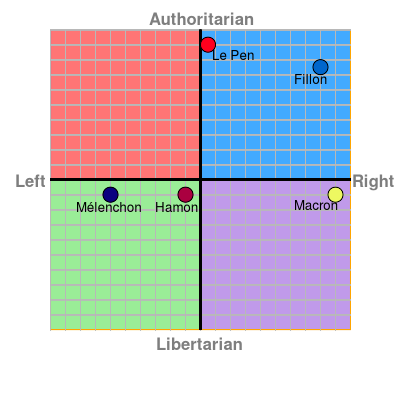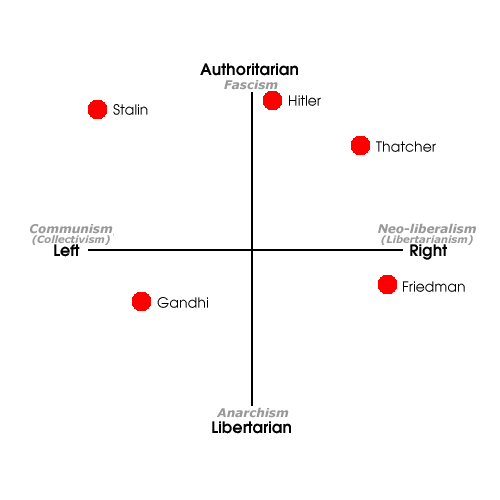"Macron's economic program, put together by Jean-Pisani Ferry, the former head of Brussels-based think tank Bruegel, eschews the "shock-and-awe" approach of his defeated center-right rival Francois Fillon, which included radical public sector job cuts and an extension of the statutory working week.
Instead he is charting a more nuanced course that his advisers say is better suited to addressing the root causes of France's economic troubles. Many independent economists agree.
Macron will not scrap the controversial 35-hour workweek, as Fillon promised. Instead he plans to get around it by allowing firms to negotiate in-house deals with their employees on working hours and pay. He has signaled that he could fast-track his labor reforms through parliament via executive order.
On pensions, Macron has no plans to hike the official retirement age of 62. Instead he wants to unify France's confusing web of pension plans over time by moving to a Swedish-style points system in which payouts are tied to contributions people pay in during their working lives.
Macron's approach to reducing the size of the French state is also measured. He wants to save 60 billion euros over five years compared to 100 billion in Fillon's plan. A cut in corporate tax rates to 25 percent from 33 percent would be phased in gradually.
Sylvie Goulard, a member of the European parliament who has advised Macron during the campaign, likens the approach to someone who does half an hour of sports every day.
"It may not seem like a lot, but if you are disciplined about it, if you do it right, then it pays off. And it's better for you than running a marathon," she said.
Macron's gradual approach could reduce the risk that politically dangerous street protests - the scourge of many a French president - will end up undermining his agenda.
But it has also left him vulnerable to criticism from conservatives who believe the French economy needs a far bolder reform jolt after what many view as a lost decade.
HIGH STAKES
Hollande spent his first two years in office satisfying old-school socialists in his party with symbolic steps like a wealth tax, before shifting belatedly to a business-friendly reform agenda overseen by Macron and ex-prime minister Manuel Valls.
Hollande's predecessor Nicolas Sarkozy managed to raise the retirement age, but did little else before becoming engulfed in the global financial crisis and euro zone turmoil. Before that, crippling street protests in the mid-90s forced Jacques Chirac to abandon his reform plans.
The stakes for Macron are much higher. If he fails with an agenda that urges the French to embrace globalization and the European Union, he could struggle to see off the challenge from Le Pen's National Front five years from now.
A survey by the Bertelsmann Foundation last week showed how divided the French electorate is. Some 20 percent of French voters identify with the extreme right or left, compared to 7 percent in the European Union as a whole. Just 36 percent see themselves as "centrist", versus 62 percent in the EU.
Without quick results on the economy, Macron could also struggle to deliver on another of his big promises: convincing Germany to agree to a "grand bargain" for Europe involving closer integration of the euro zone.
Working in his favor, however, are two developments.
One, the French economy is already improving, with consumer sentiment at its highest level in a decade and business confidence near a six-year peak. Though France's unemployment rate remains high, at close to 10 percent, the economy has been creating jobs at its fastest pace in nearly a decade.
"France is already on the right track," said Holger Schmieding of Berenberg Bank, noting that steps taken in the past two years have vaulted it to the top of the OECD's structural reform rankings.
Another positive development is a shift in the French trade union landscape that could make it easier for Macron to deliver reforms of the labor market. Earlier this year, the moderate CFDT overtook the militant CGT as the strongest union in the private sector.
"For the first time there is a possibility of a reformist majority within the French unions," said Moec of Bank of America Merrill Lynch. "It could make negotiations more efficient. It is absolutely central." "

 Where does he fit on the left-right spectrum?
Where does he fit on the left-right spectrum?






 It makes sense to have 2 different spectrums for social & economics.
It makes sense to have 2 different spectrums for social & economics.
